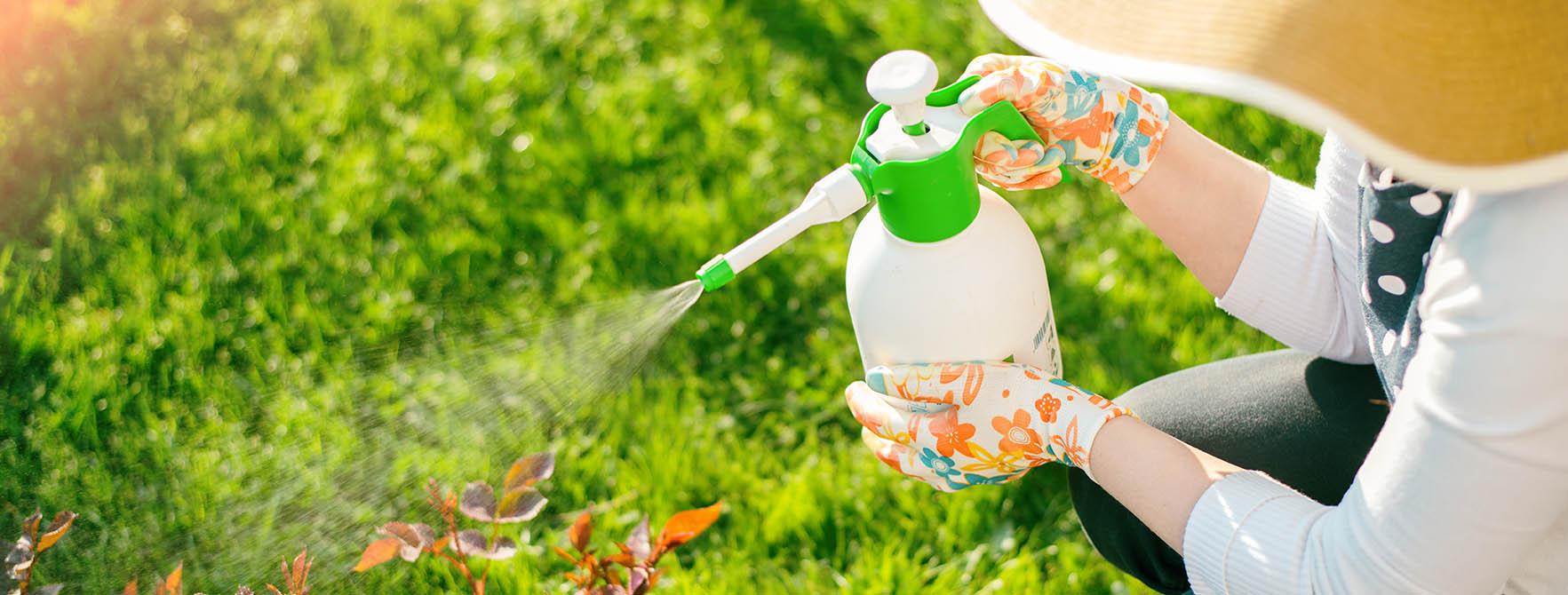Organic Pest Control for Container Gardens

Organic Pest Control for Container Gardens
Are you tired of seeing your beautiful container garden ravaged by pests? Before you reach for the chemical sprays, consider this: organic pest control for container gardens is not only safer for you and the environment but also creates a healthier ecosystem. Let's dive into the world of eco-friendly pest control and explore how you can keep those pesky critters at bay naturally.
Understanding Container Garden Pests
First things first, who are these tiny invaders? Container garden pests range from aphids and whiteflies to slugs and snails. Each has its own preferences and lifecycle, but all can wreak havoc on your plants. Understanding them is the first step in our battle plan.
Why Choose Organic Solutions?
Organic pest control for container gardens is more than just a trend; it's a responsible choice. Chemical pesticides can harm beneficial insects, pollute waterways, and even affect your health. Eco-friendly pest control methods, on the other hand, work with nature, not against it.
Prevention: The First Line of Defense
Healthy Soil, Healthy Plants
The journey to organic pest control for container gardens begins with your soil. Healthy soil grows strong plants, and strong plants are better equipped to resist pests. Compost and organic fertilizers are your friends here.
Choose the Right Plants
Some plants are naturally pest-resistant. Marigolds, for instance, contain a substance that helps repel nematodes (microscopic worms). Incorporate these natural repellents into your container garden design.
Keep it Clean
Regularly clean up debris and dead leaves. Pests love to hide and breed in these spots. Don't give them a chance!
Identifying the Enemy
Before you can fight, you need to know your foe. Here are a few common container garden pests:
- Aphids: Tiny, soft-bodied insects that suck sap from plants.
- Whiteflies: Small, winged insects that also feed on plant sap.
- Slugs and Snails: Slow-moving critters that leave trails of destruction (and slime) in their wake.
Organic Solutions for Common Pests
Aphids and Whiteflies
Ladybugs are a gardener's best friend. They feed on aphids and other soft-bodied pests. Attract them with plants like dill, fennel, and yarrow. You can also make a DIY spray with dish soap and water to disrupt their lifecycle.
Slugs and Snails
Copper barriers are a great eco-friendly pest control method for these slimy foes. You can also set out beer traps or sprinkle diatomaceous earth around your plants.
Natural Repellents
Some scents and tastes are just too strong for pests. Here are a few natural repellents you can try:
- Garlic and Onion Spray: Blend equal parts garlic and onion with a bit of water, strain, and spray.
- Hot Pepper Spray: Blend hot peppers with water, strain, and spray. Be careful with this one—it can irritate your skin and eyes.
- Essential Oils: Certain essential oils, like peppermint and rosemary, can deter pests. Mix a few drops with water and spray.
Sustainable Gardening: Companion Planting
Companion planting is a key aspect of sustainable gardening. Certain plants just go better together. For instance, basil improves the flavor of tomatoes and also repels flies and mosquitoes. Check out this guide from Gardeners.com for more tips on companion planting.
Beneficial Insects: Your Garden Allies
Not all insects are bad. In fact, many are natural repellents for pests. We've already mentioned ladybugs, but there are others like lacewings, praying mantises, and parasitic wasps that can help keep your garden pest-free.
Physical Barriers
Sometimes, the best offense is a good defense. Netting, row covers, and even simple barriers like aluminum foil can keep pests away from your plants.
Rotate Your Crops
Pests often target specific types of plants. By rotating your crops, you can disrupt their lifecycle and prevent infestations.
Keep Your Garden Diverse
A diverse garden is a healthy garden. Different plants attract different beneficial insects and can help keep pest populations in check.
Patience and Persistence
Organic pest control for container gardens isn't a one-and-done deal. It requires patience and persistence. Keep trying different methods until you find what works for your garden.
Conclusion
Organic pest control for container gardens is more than just a way to keep pests at bay; it's a philosophy. It's about working with nature, not against it. It's about creating a sustainable, healthy ecosystem right in your own backyard. So, are you ready to take the plunge into eco-friendly pest control? Your garden (and the planet) will thank you!
FAQs
What is the best organic pesticide? There's no one-size-fits-all answer. The best organic solutions depend on the type of pest and the specific needs of your garden.
How can I attract beneficial insects? Plant a variety of flowers and herbs that attract beneficial insects. Dill, fennel, yarrow, and wildflowers are great choices.
Is diatomaceous earth safe for pets? Yes, food-grade diatomaceous earth is safe for pets. However, it can be irritating to the lungs if inhaled, so be careful when handling it.
Can I make my own organic pesticides? Absolutely! Many natural repellents can be made with common household ingredients like garlic, onion, and hot peppers.
How long does it take for organic pest control to work? Organic pest control for container gardens can take some time. Unlike chemical pesticides, organic methods focus on long-term solutions rather than quick fixes. Be patient and persistent!
0 Response to " Organic Pest Control for Container Gardens"
Post a Comment